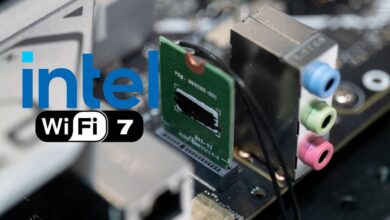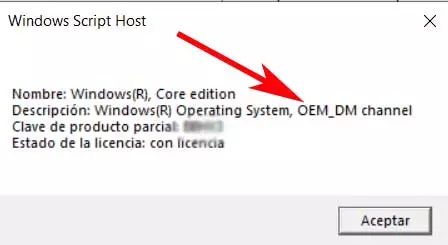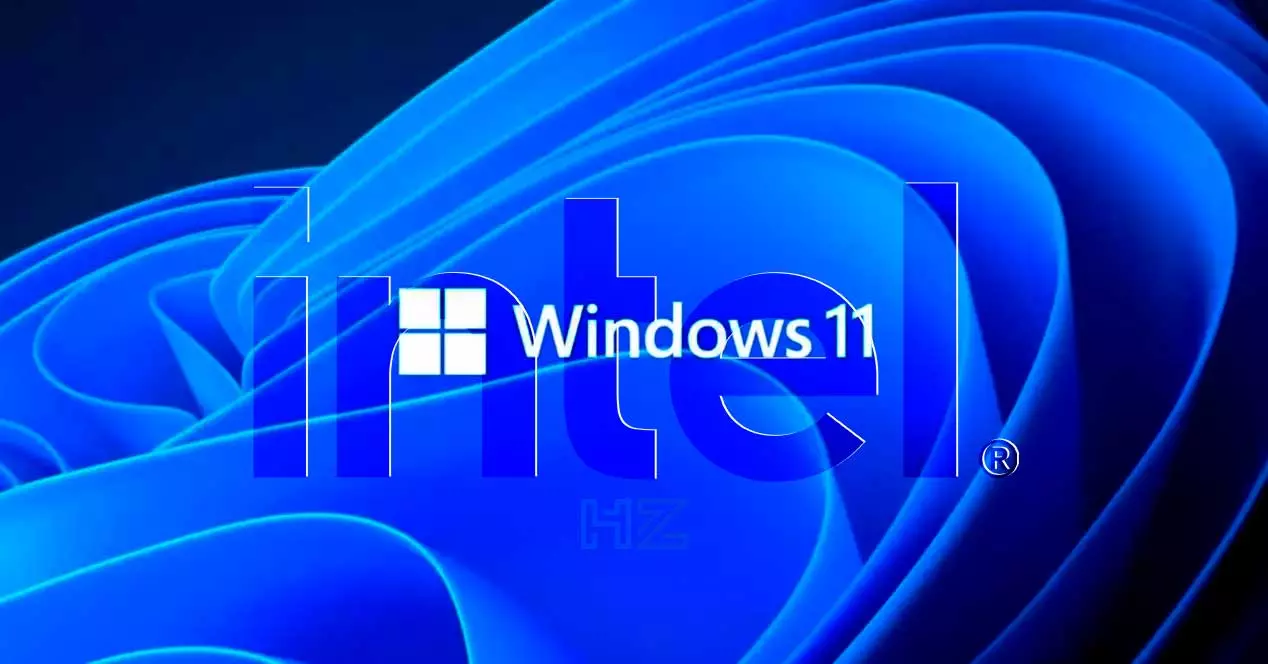
Microsoft’s position has been and is blunt: it leaves out any CPU that does not perform adequately with its new kernel and that also cannot implement one of the existing TPM 2.0 types on the platform, whatever it may be. The anger of many users is unfounded and the conspiracy takes shape, because it has been through the tool PC Health Check where the seams have jumped.
A Pentium 4 takes the shame out of Windows 11
It is really surprising that Microsoft limits so much and so aggressively the processors of Intel and AMD, but on the other hand, according to what we are going to see, it makes all the sense in the world, from the point of view of selling processors and platforms, of course.
As we well know, Microsoft requires a two-core CPU at least one Gigahertz to be able to install Windows 11, apart from what is mentioned above, so it would be impossible to think of a CPU as an old-fashioned Pentium 4 661 from early 2006 can even pass a Redmond check.
Well that is precisely what has happened, and that is that said processor single core with HT 3.6 GHz it is able to bypass the validation of Microsoft’s PC Health Check and even go further. Despite the fact that the tool detects it as if it had more cores than the account (hence the problem and the validation as such), it totally ignores that it does not have TPM 2.0, which is already the last straw after all that has been talked about this topic.
Sales marketing vs security
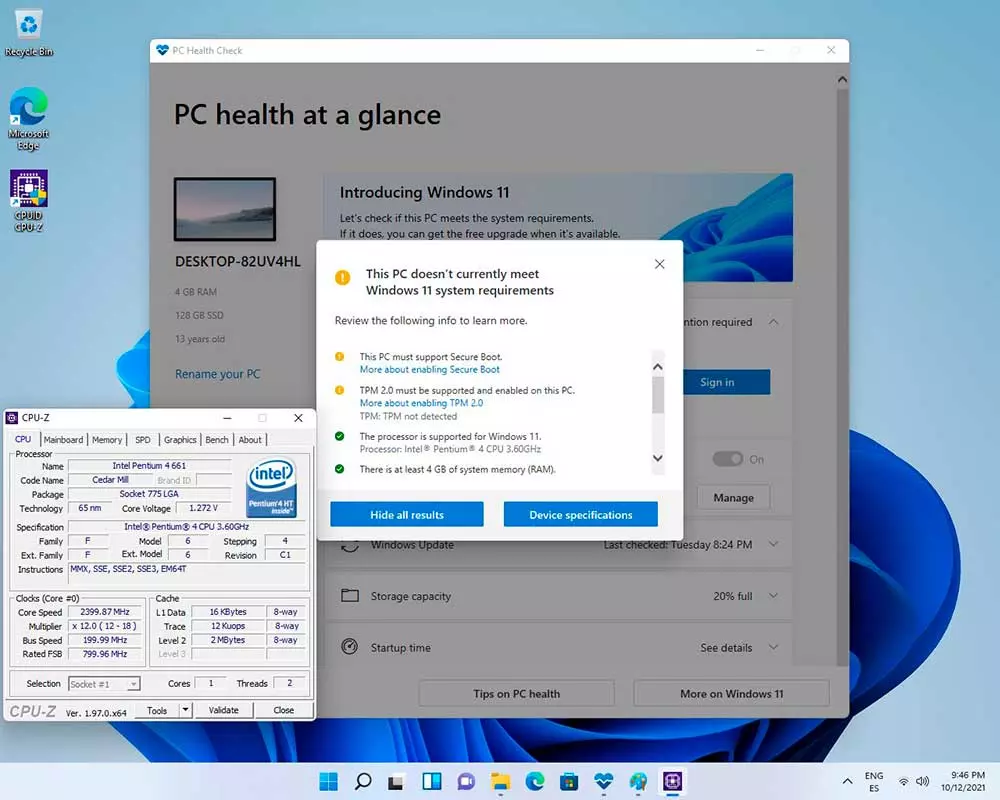
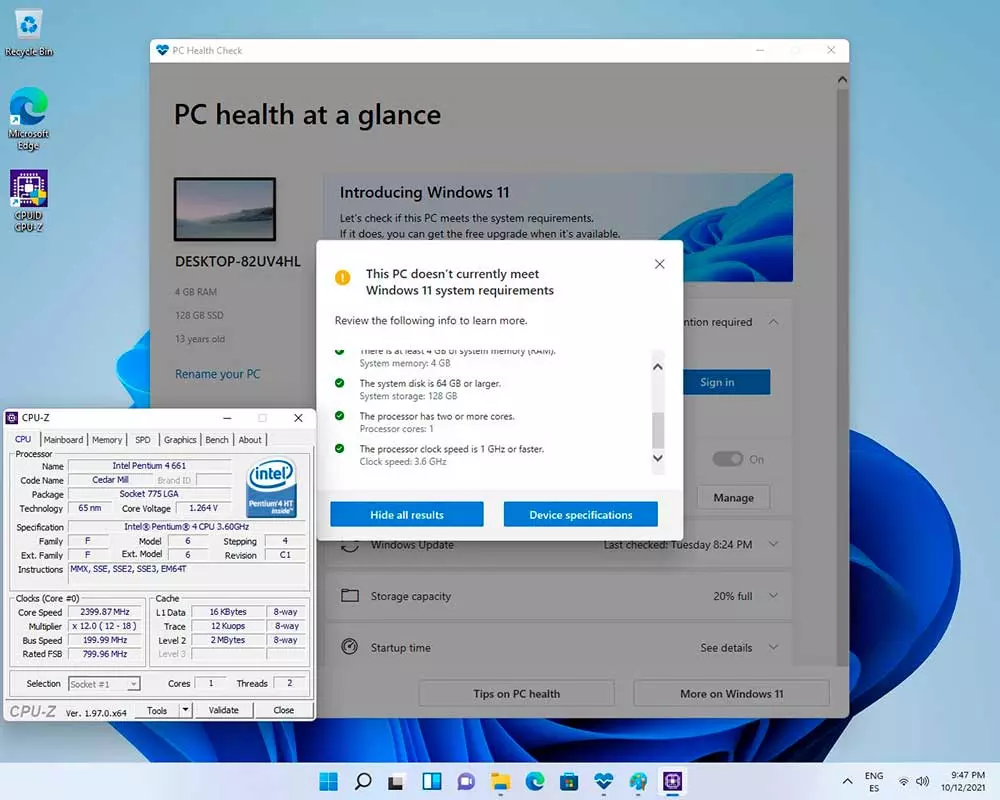
If this can be an error of the specific tool without more, surely when you see that this CPU has been able to install Windows 11 without any problem while your CPU is not supported and without TPM 2.0, despite being much more powerful, it cannot do it… That’s when everything is revealed.
Microsoft’s proposal and restriction is ridiculous out of the box, but now it is confirmed that the limitation is merely pure sales marketing with the excuse of improved security for each platform. If you install a TPM 2.0 module, is it over? Not at all, Microsoft clearly says that it is not responsible for problems in your hardware and that this may affect the warranty of each component of your PC, it is understood that the CPU.
But the non-aggregation by Redmond on this CPU (and maybe on none of the processors Netburst) makes what was theory finally confirmed: Windows 11 is simply a sieve to boost sales and platform jumps by users with strange excuses. Proof of this are the number of ISO creation tools for Windows 11 where they avoid all restrictions and the PCs work without apparent loss of performance.
This is only the official confirmation within Microsoft and as a mistake that what external tools do is not magic, it is simply to avoid an imposed measure that has no place in a world as open as that of consumer PCs. Having seen the shame of Microsoft, Will it back off and not limit by CPU family?
